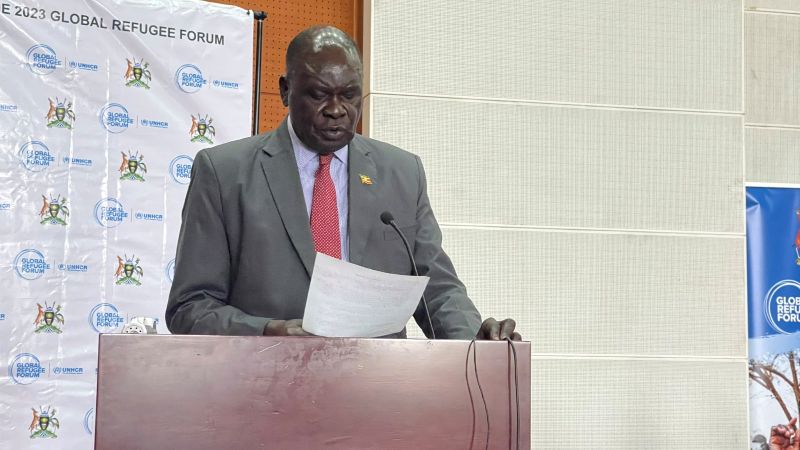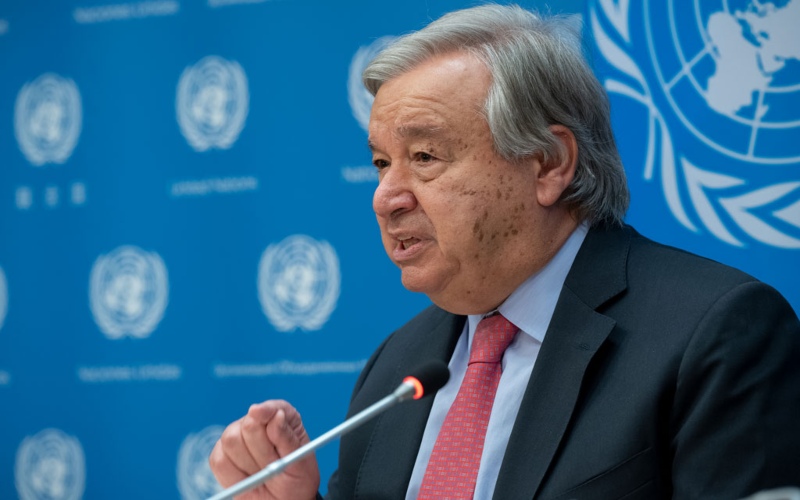TSC to send unemployed teachers overseas under new framework

The framework outlines how teachers will be selected, matched with suitable openings, and deployed through formal agreements between Kenya and foreign governments or institutions.
Kenya has unveiled a new plan to send its unemployed teachers to work abroad, offering thousands of trained educators a fresh path to employment while expanding the country’s presence in the international education sector.
The Teachers Service Commission (TSC) has introduced a policy framework and guidelines that will facilitate the placement of qualified teachers in foreign schools through formal agreements with other countries and international institutions.
More To Read
- Court clears TSC CEO recruitment petition for full trial
- TSC announces recruitment of 9,159 teachers nationwide
- Over 30,000 teachers set for senior school curriculum training ahead of 2026 transition
- Unions slam TSC over limited promotion slots as 131,000 teachers apply for 21,000 positions
- Education Ministry pledges early capitation release for smooth start to new term
- Senators demand permanent jobs for 20,000 junior secondary intern teachers
The framework is designed to ease joblessness among teachers, strengthen Kenya’s role in the global teaching workforce, and create structured pathways for educators seeking international exposure.
TSC records show that the country has registered over 714,000 teachers.
Out of these, about 400,000 are on permanent and pensionable terms, leaving nearly half without secure jobs. This is despite a nationwide shortage of more than 130,000 teachers across public schools.
Current staffing gaps are most pronounced in science, technology, engineering and mathematics (STEM) subjects.
Data from the Commission shows that junior secondary schools are lacking 72,422 teachers, while senior secondary schools face a shortfall of 65,070. This represents deficits of 49 per cent and 33 per cent, respectively.
According to the Commission, the new policy aims to promote Kenyan education standards internationally, encourage cooperation in teacher exchange, and give teachers sustainable opportunities for career growth abroad.
The framework outlines how teachers will be selected, matched with suitable openings, and deployed through formal agreements between Kenya and foreign governments or institutions.
The Commission will create a central database of qualified teachers willing to work abroad and regularly update it to match candidates with available positions.
Teachers employed on permanent and pensionable terms who choose to take up foreign jobs will have to resign first, but will be allowed to reapply for vacancies upon their return. Their international experience will be assessed and recognised through the Recognition of Prior Learning (2021) framework.
“The Commission will liaise with the Ministries of Labour and Social Security and Foreign Affairs to advocate for clear, fair and competitive terms and conditions of service for Kenyan teachers employed outside Kenya,” states the policy.
“The Commission will advocate for standardised contracts detailing all aspects of service, including salary, working hours, benefits, housing, insurance and repatriation terms, in line with international best practices,” it adds.
To prepare teachers for their assignments abroad, the Commission plans to conduct pre-departure training covering security, health, travel procedures, contractual obligations and cultural orientation.
The policy explains that teachers returning from foreign postings will not be automatically re-employed but can apply for vacancies. Their overseas exposure will count towards professional development and progression within TSC.
Applicants must be Kenyan citizens, registered with the TSC, possess the required qualifications, and have clean records of conduct and performance. The Commission will conduct strict screening, verify qualifications, and match candidates with appropriate positions based on their training and experience.
Additionally, TSC intends to build formal partnerships with teacher management institutions abroad and collaborate with host organisations to ensure employment terms are fair and meet agreed standards.
While the document does not reveal target countries, it highlights that placements will be made through bilateral and government-to-government arrangements.
“The Commission will consider placing teachers in international teaching jobs through the implementation of Government-to-Government labour export initiatives. It will collaborate with relevant Government agencies and international partners to facilitate placement and support for teachers under this programme,” the policy states.
Top Stories Today















































